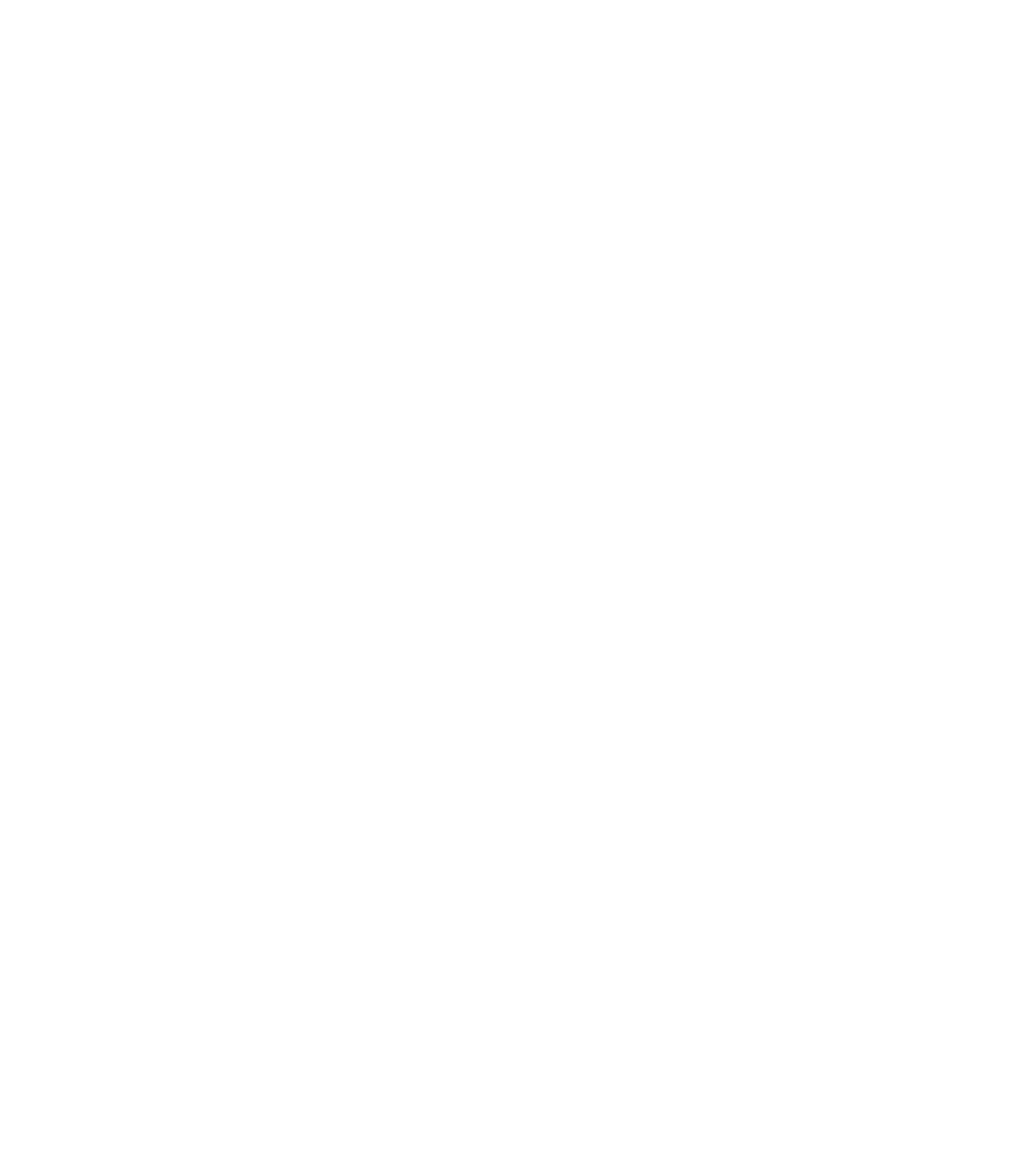The connection between depression and headaches is a complex and often misunderstood issue. People struggling with depression commonly experience headaches, particularly migraines, as a physical symptom of their emotional distress. Understanding this connection is crucial for effectively managing and treating both conditions. In this comprehensive guide, we will delve into the science behind the relationship between depression and headaches, discuss the role of neurotransmitters, and explore various treatment options that can help alleviate both conditions.
The Intricate Relationship Between Depression and Headaches
Depression is a mental health disorder characterized by persistent feelings of sadness, hopelessness, and a lack of interest or pleasure in activities. Headaches, particularly migraines, can be a physical manifestation of this emotional pain. The relationship between these two conditions is bidirectional, meaning that each can contribute to the onset or worsening of the other.
Several factors contribute to the link between depression and headaches. First, both conditions involve dysregulation of neurotransmitters, such as serotonin, which play a crucial role in regulating mood, pain perception, and sleep. Second, the mind-body connection is significant in determining how our emotional state can impact our physical well-being. Lastly, stress and anxiety that often accompany depression can trigger or exacerbate headaches.
Serotonin's Role in Depression and Headaches
Serotonin is a neurotransmitter that plays a vital role in regulating mood, appetite, and sleep. Abnormal serotonin levels are implicated in both depression and headaches, particularly migraines. Serotonin imbalances can lead to increased pain sensitivity and disruptions in sleep patterns, which can contribute to the development of headaches.
Breaking the Cycle: Integrated Approaches to Treatment
The relationship between depression and headaches can create a vicious cycle in which one condition exacerbates the other, making it difficult to break free from this loop. To interrupt this cycle, a comprehensive and integrated approach to treatment is essential. This approach should address both the emotional and physical aspects of the conditions and may involve a combination of therapies, such as cognitive-behavioral therapy, medication, lifestyle modifications, and complementary treatments.
Cognitive Behavioral Therapy (CBT)
CBT is an established form of psychotherapy that helps individuals identify and change negative thought patterns and behaviors. CBT has proven to be effective in treating both depression and headaches by addressing the emotional components contributing to these conditions. Through CBT, individuals learn new coping strategies and develop healthier habits to improve their mental health and decrease headache frequency and severity.
Medication
In some cases, medication may be prescribed to address both depression and headaches. Antidepressants, such as selective serotonin reuptake inhibitors (SSRIs) and tricyclic antidepressants, can help treat depression while also providing relief from headaches. Additionally, medications specifically designed for headache relief, such as triptans for migraines, may be recommended alongside antidepressants to ensure optimal results.
Lifestyle Modifications
Making lifestyle changes can significantly impact both depression and headaches. Maintaining a healthy diet, getting regular exercise, and practicing good sleep hygiene are all essential components of a well-rounded treatment plan. Incorporating holistic approaches to alleviate depression, such as engaging in relaxing activities like yoga and meditation, can also help reduce headache frequency and severity.
Complementary Treatments
Complementary treatments, such as acupuncture, massage, and relaxation techniques, can provide additional support in managing depression and headaches. For example, meditation has been shown to improve mental health by promoting relaxation, reducing stress, and increasing self-awareness. These benefits can also contribute to reduced headache frequency and severity.
Stress Management Techniques
Learning to manage stress effectively is essential in addressing both depression and headaches. Practical strategies for managing anxiety can help alleviate stress, which may contribute to a reduction in headache frequency and intensity. Techniques such as deep breathing exercises, progressive muscle relaxation, and visualization can be helpful in promoting relaxation and decreasing stress levels.
Recognizing the Warning Signs and Seeking Professional Help
It is essential to recognize the warning signs of depression and headaches and seek professional help when necessary. If you or someone you know is experiencing persistent sadness, hopelessness, or frequent headaches, it may be time to consult a mental health professional. Early intervention can make a significant difference in the successful management and treatment of both conditions.
The Importance of Support and Self-Care
In addition to professional treatment, cultivating a strong support system and practicing self-care are critical aspects of managing depression and headaches. Connecting with others who understand your struggles can provide valuable emotional support and encouragement. Self-care practices, such as setting aside time for relaxation, engaging in hobbies and interests, and maintaining a healthy work-life balance, can contribute to improved mental health and reduced headache frequency.
Conclusion
Understanding the complex relationship between depression and headaches is essential for effectively managing and treating both conditions. By exploring the science behind this connection, the role of neurotransmitters, and various treatment options, individuals can find relief and improve their quality of life. A comprehensive and integrated approach to treatment, incorporating CBT, medication, lifestyle modifications, and complementary treatments, can lead to a significant reduction in the severity and frequency of both depression and headaches. Remember, seeking professional help and cultivating a strong support system are crucial aspects of the journey towards improved mental health and well-being.
